A dynamic and interdisciplinary team
Meet our people
Our team of over 30 researchers at the University of Heidelberg advances knowledge on health impacts of the triple crisis and develops science-based interventions for resilient societies in collaboration with international partners.
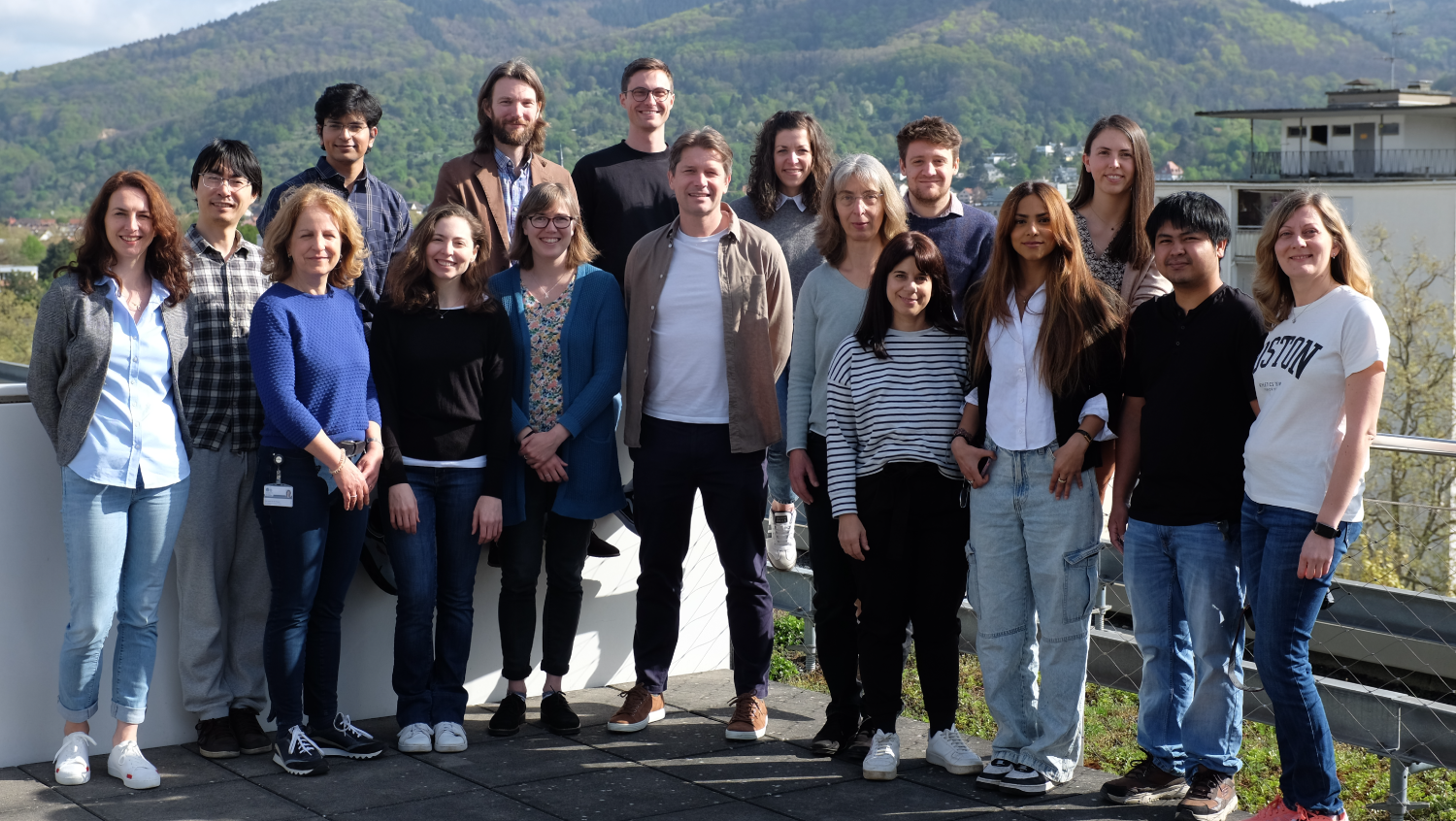
Hei-Planet Director
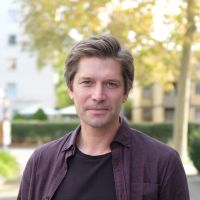
Prof. Dr. Joacim Rocklöv
Hei-Planet Director
Prof. Dr. Joacim Rocklöv is an Alexander von Humboldt Professor and a leading expert in artificial intelligence and modelling of climate-sensitive infectious diseases. He heads the Heidelberg Planetary Health Hub, which is dedicated to developing and applying innovative methods to understand, model, and predict how climate change influences infectious disease dynamics.
Under his leadership, the Hub conducts interdisciplinary research on how climate and climate change interact with biodiversity loss, pollution, and social and behavioural factors to drive disease patterns. The team is also at the forefront of developing AI-powered surveillance tools to enhance integrated monitoring and early detection of emerging health threats.
Professor Rocklöv’s work bridges climate science, epidemiology, and data-driven innovation, advancing global capacity to anticipate and respond to the health impacts of a changing planet.
Hei-Planet research group leaders
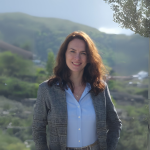
Dr. Marina Treskova
Eco-epidemiology Junior
Group Leader
Marina has a multidisciplinary background in epidemiology, modelling, biology, and economics. Her interest and research focus are on environmental degradation and restoration, and human health and well-being. She specifically focuses on designing and executing field studies, experimental studies, and socio-ecological interventions within this nexus.

Dr. Hedi Katre Kriit
Lancet Countdown Europe
Group Leader
Hedi is a research fellow for the Lancet Countdown Climate Change and Health Europe. She holds a master’s degree in public health and economics. Her doctoral thesis focused on the health and economic effects of sustainable transport solutions. Her research interests include environmental epidemiology, urban health and the impacts of climate change on population health.
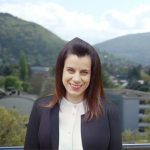
Dr. Stella Dafka
Climate Impacts on Infectious Diseases Group Leader
Stella is a climate scientist with a background in physics and meteorology. She investigates how large-scale atmospheric dynamics drive climate extremes and regional variability, and seeks to uncover the links between anthropogenic climate change, extreme events, and their impacts on human health and the environment.
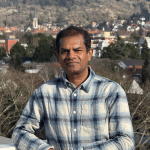
Dr. Prasad Liyanage
Integrated Surveillance for One Health Preparedness in Srilanka
Group Leader
Prasad, a medical doctor and postdoctoral researcher with over 15 years in public health, specializes in infectious disease surveillance and control, particularly in low-resource settings.

Dr. Peter Fransson
Modelling and Ecology
Group Leader
Peter is using dynamical models and scientific machine learning methods to simulate and study disease dynamics and eco-evolutionary feedbacks.
Administrative staff & Project coordinators

Elke Braun-van der Hoeven
Elke is trained in international business administration, with years of experience in the field of research management. She was formerly employed at the German Cancer Research Centre’s Grants Office and managing the Graduate School Epidemiology at Heidelberg University from 2002-2011.
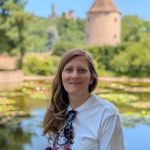
Uliana Kachnova
As the Tulip Project Coordinator, Uliana uses her skills in scientific research and a deep understanding of intercultural communication and culturally responsive practices. Her role in the Tulip project allows her to apply her expertise in project management and coordination to ensure the successful execution of the initiatives.

Senani Dayabandara
Senani is the LILY Project Coordinator and a research assistant with a Master of Philosophy in Molecular Biotechnology.
Science Communication
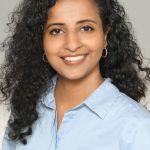
Deepa Elizabath John
Deepa has a background in research and hands-on experience in media and journalism. She combines both skills in her job at Hei-Planet, where she oversees science communication initiatives.
Post-doctoral researchers
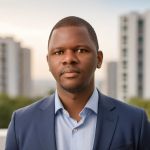
Dr. Michael Rogo Opata
Michael has a background in Theoretical Chemistry expert, and is a postdoctoral researcher studying climate change-driven infectious disease outbreaks at the human-animal interface.
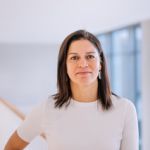
Dr. Patricia Nayna Schwerdtle
Trish is a global public health expert who leads a research group focused on climate change, migration, and health. Using mixed methods and implementation science, her work explores climate change-related migration, climate change and humanitarian assistance, and climate change adaptation strategies in health systems
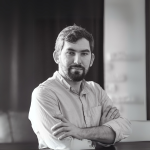
Dr. Petr Andriushchenko
Petr, a statistical physicist with a background in theoretical physics and computer science, splits his time between data science in the group and the Scientific Software Centre at the University of Heidelberg.
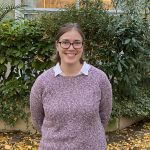
Dr. Pascale Stiles
Pascale, a postdoctoral epidemiologist, focuses on vector-borne and infectious disease surveillance, risk assessments, decision support tools, and prevention interventions.

Dr. Jerome Baron
Jerome, a postdoctoral scientist, specializes in surveillance and intervention for vector-borne diseases, with broader interests in zoonotic and veterinary disease modeling.

Dr. Cássia Rocha Pompeu
Cássia, a researcher with a background in civil engineering, environmental sciences, and ecology, focuses on Nature-based Solutions and the impacts of climate and land use changes on ecosystems and global health.
PhD students
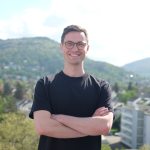
Julian Heidecke
Julian, a doctoral student, studies the impacts of climate change on mosquito-borne diseases, focusing on West Nile virus.
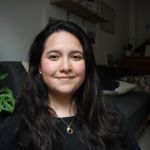
Andrea Lavarello Schettini
Andrea, a doctoral student, explores the links between climate change and infectious disease dynamics at the human-animal interface.

Pratik Singh
Pratik is a Ph.D. student with a background in applied mathematics and statistics. His interest includes modeling interaction between climate and epidemic outbreak, mathematical biology, and mapping species distribution.

Yichao Liu
Yichao, a Ph.D. student, focuses on applying machine learning to public health monitoring, particularly developing explainable models to understand how climate change and other spatio-temporal factors impact infectious diseases.

Charles Hatfield
Charlie is a doctoral student with a background in urban planning and geoinformatics. His research interests include climate change governance, urban analytics, sustainability, and healthy environments.
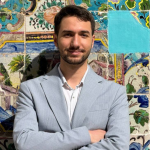
Omid Airom
Omid is a doctoral student specializing in data science for health applications. His research aims to advance analytical methods that support data-driven decision-making in healthcare and public health.
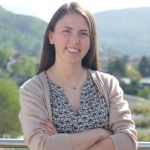
Luise Nottmeyer
Luise, a PhD student, focuses on environmental epidemiology and infectious disease modeling. She is currently working on the TULIP project.

Francesca Dagostin
Francesca is a PhD student with a background in environmental engineering and science communication. Her research focuses on the impact of ecological and environmental factors on the emergence and spread of tick-borne diseases in Europe, using a One Health approach.
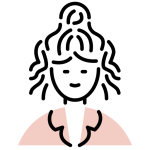
loharja Henry
Research assistants
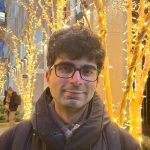
Hammad Aamer
Hammad is a Master’s student in Data Science at Heidelberg University. He contributes to the group’s work in bioacoustics and supports the LILY COST Action initiative.
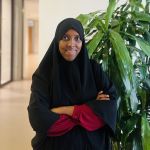
Munira Omar
Munira is a student research assistant, contributing to the Climate Change and Health in sub-Saharan Africa project.
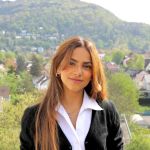
Muskan Hashim
Muskan is a MSc Scientific Computing candidate at the Interdisciplinary Center for Scientific Computing (IWR).

Johannes Jung
Johannes is currently pursuing a Master’s degree at Heidelberg University with a focus on Theoretical Biophysics.
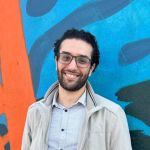
Aness Chelfat
I am a machine learning researcher with a background in petroleum geology and a graduate of AIMS South Africa. I work on applications in geospatial analysis, environmental monitoring, and bioacoustics. My projects include RNA 3D folding prediction, explainable AI, species classification, and deploying AI systems on edge devices.
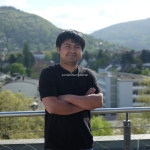
Sumet Khumphairan
Sumet is a PhD student in Applied Mathematics.

Baojing C.

Javier Palau Alegria
Associated members
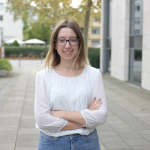
Cristina Arnés
Cristina is pursuing a master’s in public health at Yale University with a “la Caixa” Foundation fellowship. She is involved in European policy-making as a member of the Youth4Health Network (WHO Europe) and the UNECE Focal Point for the UN Major Group of Children and Youth.

Dr. Kristine Belesova
Former Colleagues
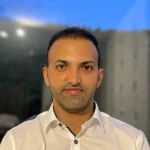
Tareq Mohammed Al-Ahdal
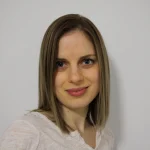
Dr. Veronika Halasz

